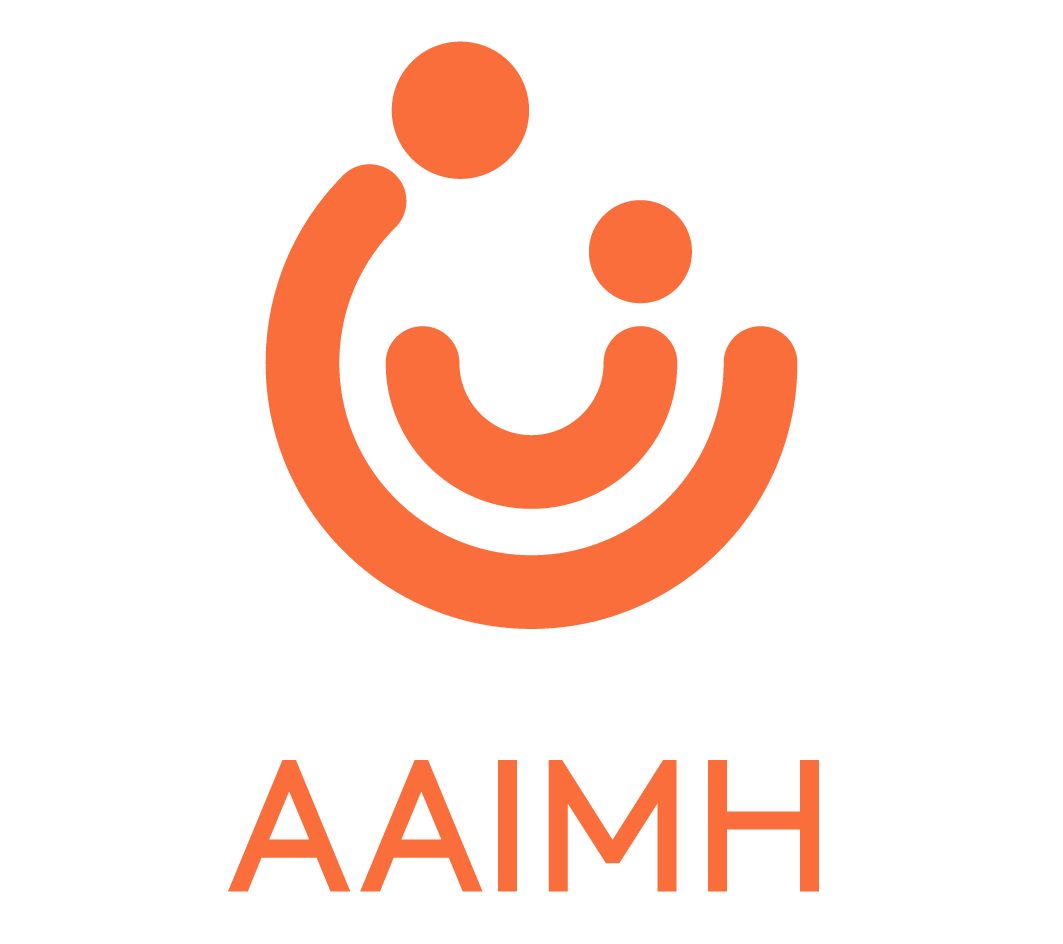Reflective Supervision
Reflective Supervision is now well established in the field of Infant-Early Childhood work as a tool for supporting practitioners in their therapeutic work with infants, young children and their families, maintaining practitioner skills, and ensuring a quality service is provided.
The primary focus of Reflective Supervision is “the shared exploration of the emotional content of infant and family work as expressed in relationships between parents and infants, parents and practitioners, and supervisors and practitioners” (Weatherston & Barron, 2009, p.63).
It is different to traditional supervision which is often instructional, directive and prescriptive where the supervisee can feel more of a passive participant. Clinical supervision is case-focused but does not necessarily consider what the practitioner brings to the intervention nor does it necessarily encourage the exploration of emotion as it relates to work with an infant/toddler and family.
In the supportive environment of a reflective supervisor who listens and waits, the clinician can make sense of their own emotional response, explore concepts and discover solutions. By attending to the emotional content of the work and how reactions to the content affect the work, reflective supervision relates to professional and personal development within one’s discipline (Best Practice for Reflective Supervision/Consultation Guidelines, MI-AIMH) .
“When it’s going well, supervision is a holding environment, a place to feel secure enough to expose insecurities, mistakes, questions and differences.”
(Rebecca Shahmoon Shanock,1992).
Useful Resources:
Best Practice
Guidelines for Reflective Supervision/Consultation
Reference
List for Reflective Supervision
Reflective
Supervision/Consultation - What is it & why does it matter?
by Sheryl Goldberg in Perspectives in Infant Mental Health, Vol 23 No 3, 2015
An
Experience of Reflective Practice - Finding a Reflective Space
by Siobhan Bruen in Perspectives in Infant Mental Health, Vol 21 No 2, 2013
Reflective
Supervision - Discoveries of an Accidental Tourist
by Robert F. Weigand in Perspectives in Infant Mental Health, Vol 20 No 3-4, 2012
(Best Practice Guidelines and the Reference List are provided with permission from Michigan Association for Infant Mental Health;
Articles are sourced from Perspectives in Infant Mental Health which is a free online publication.)


